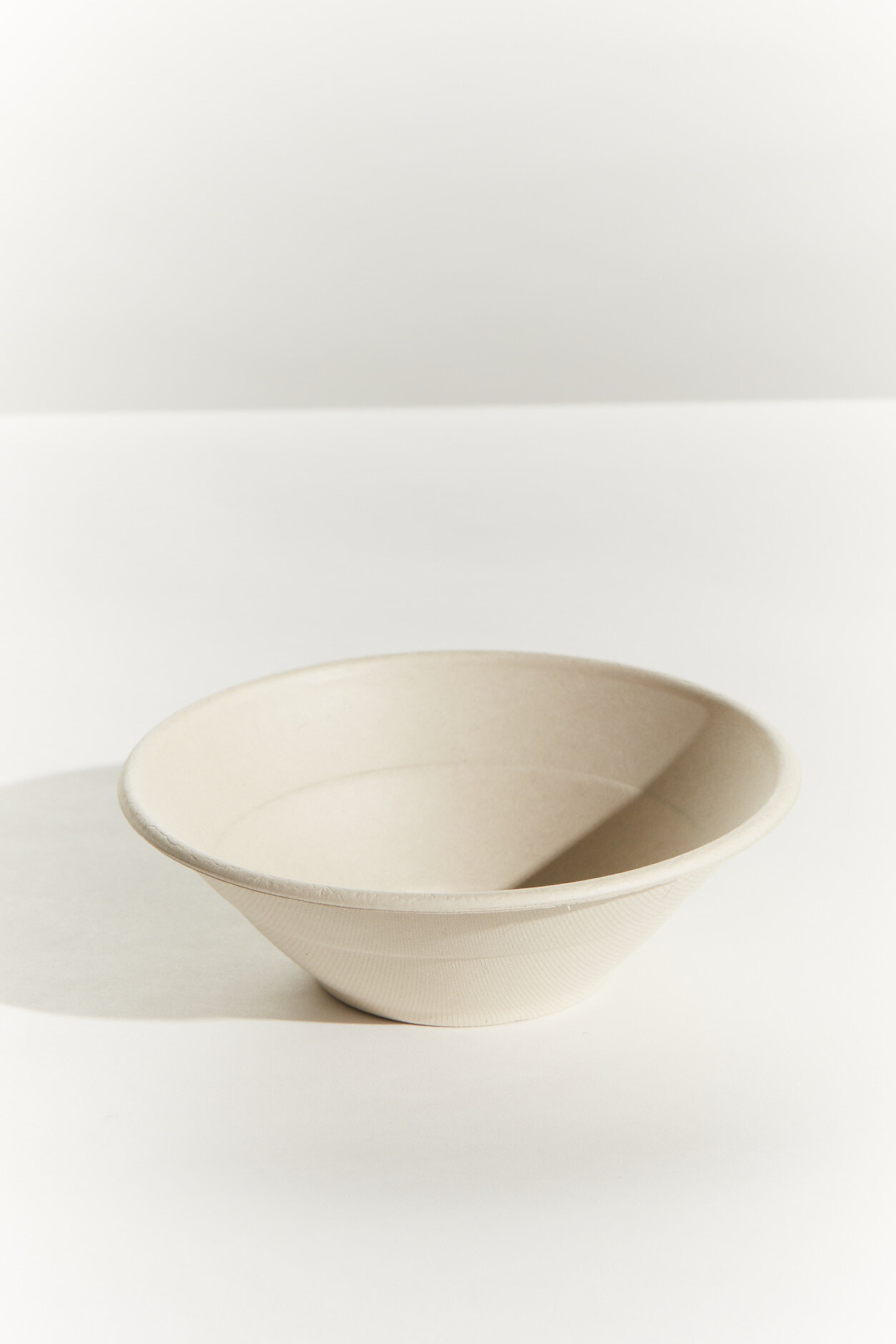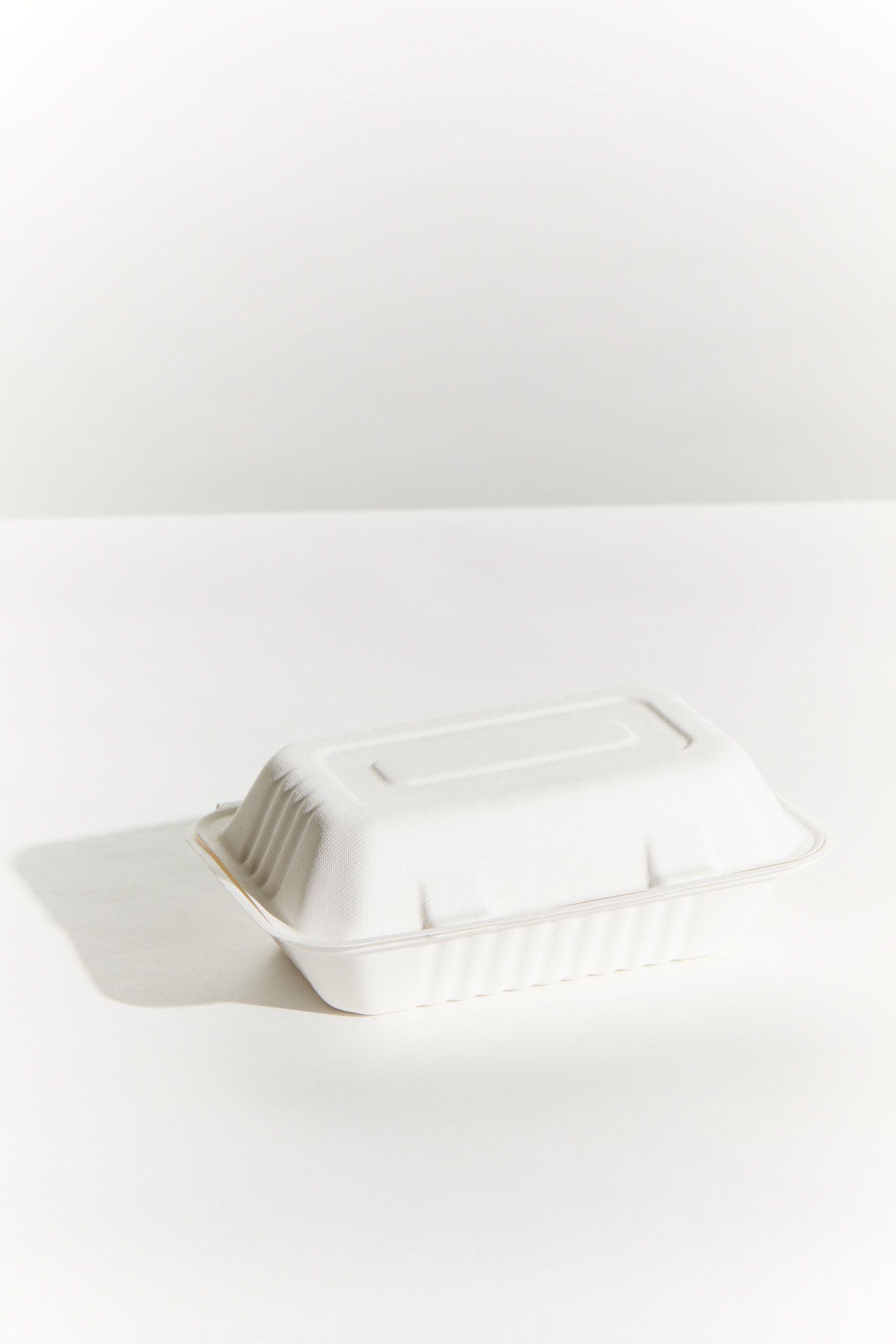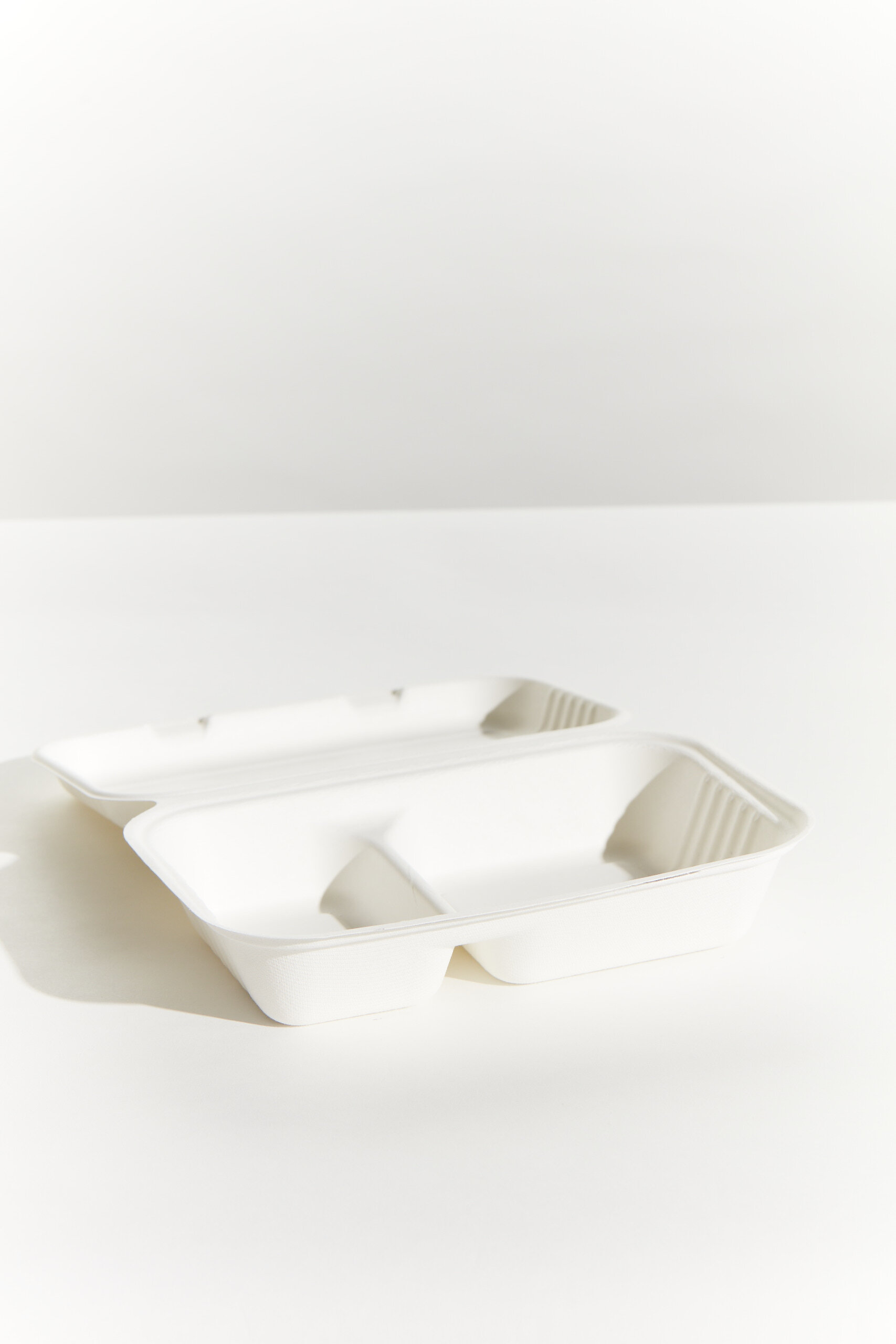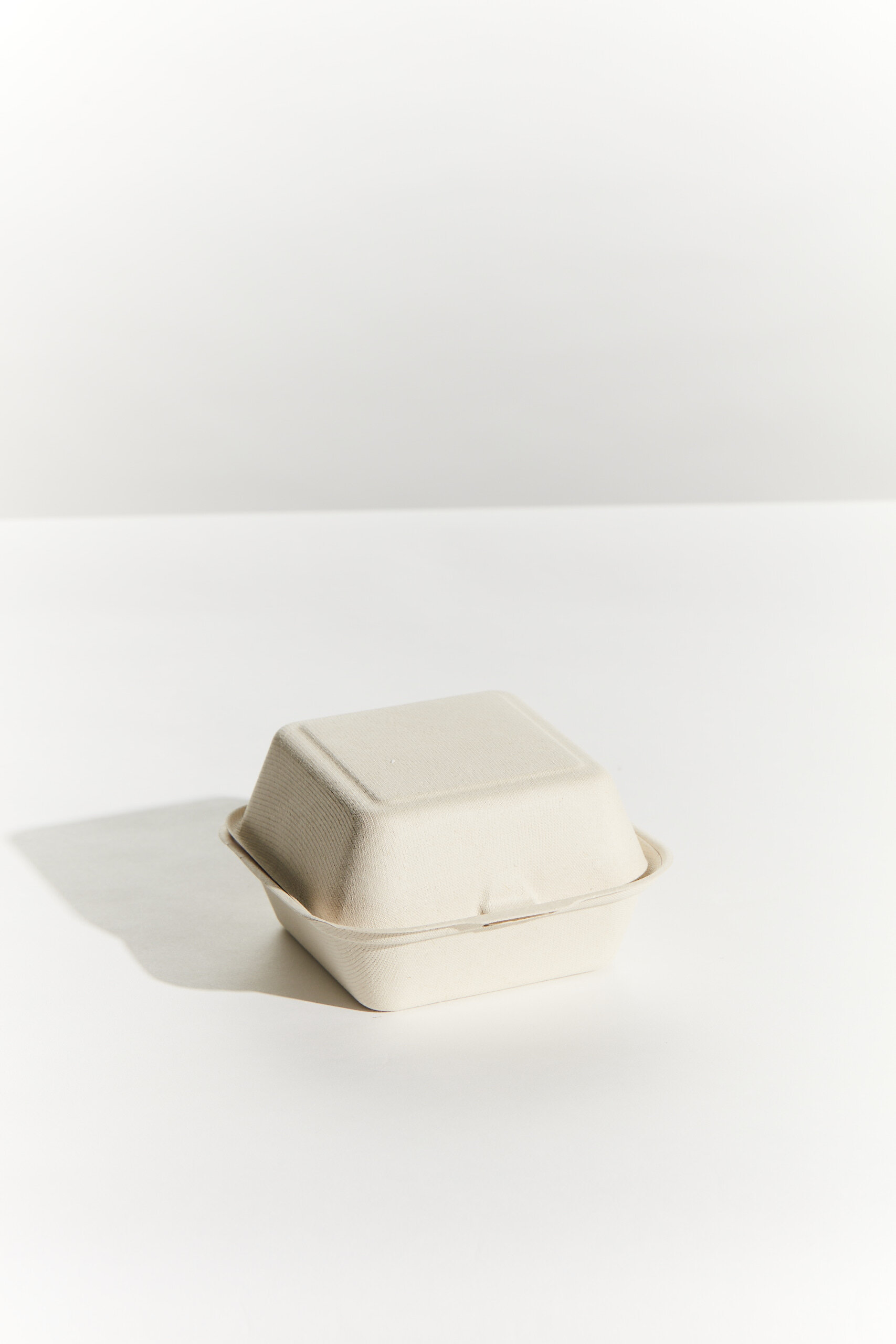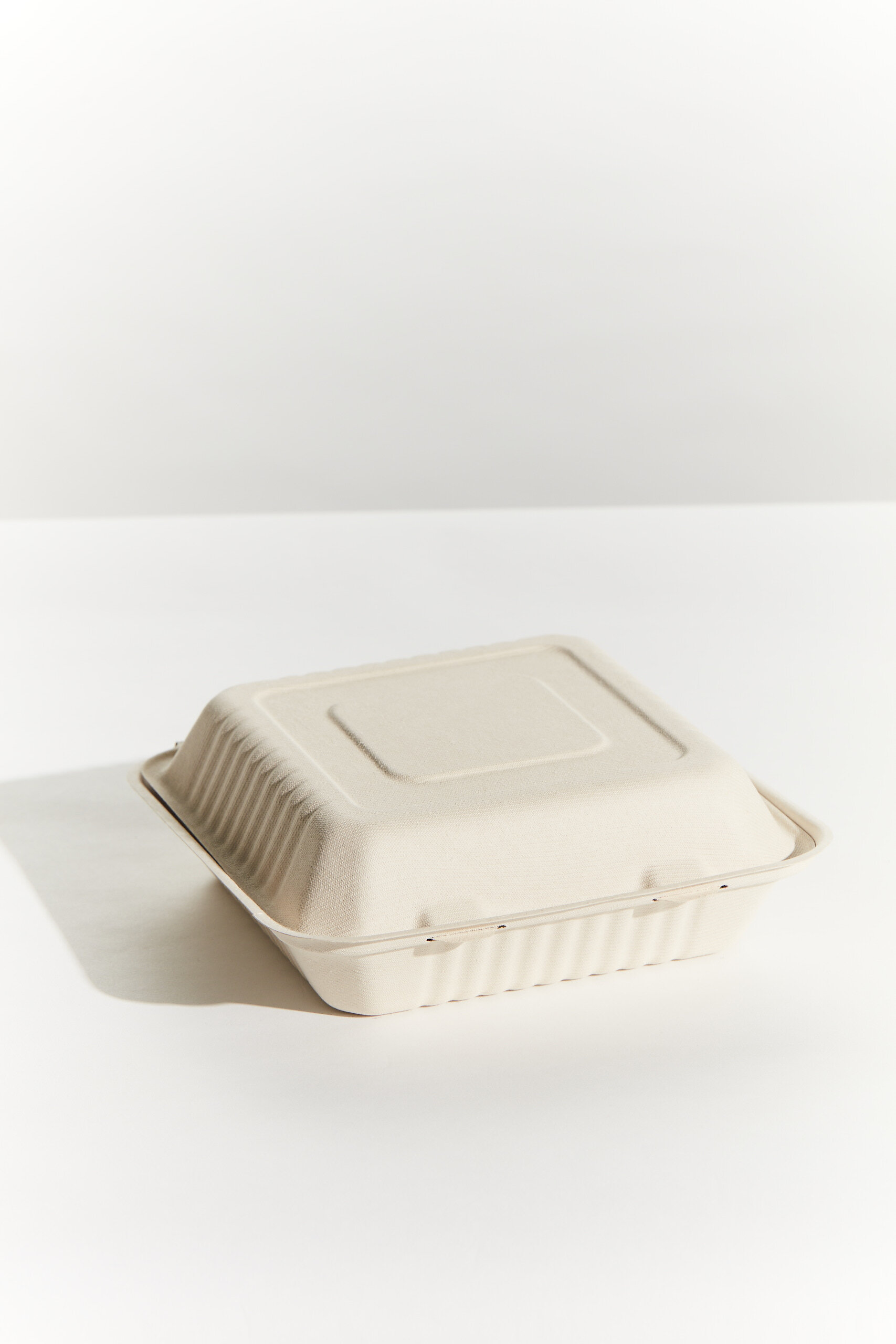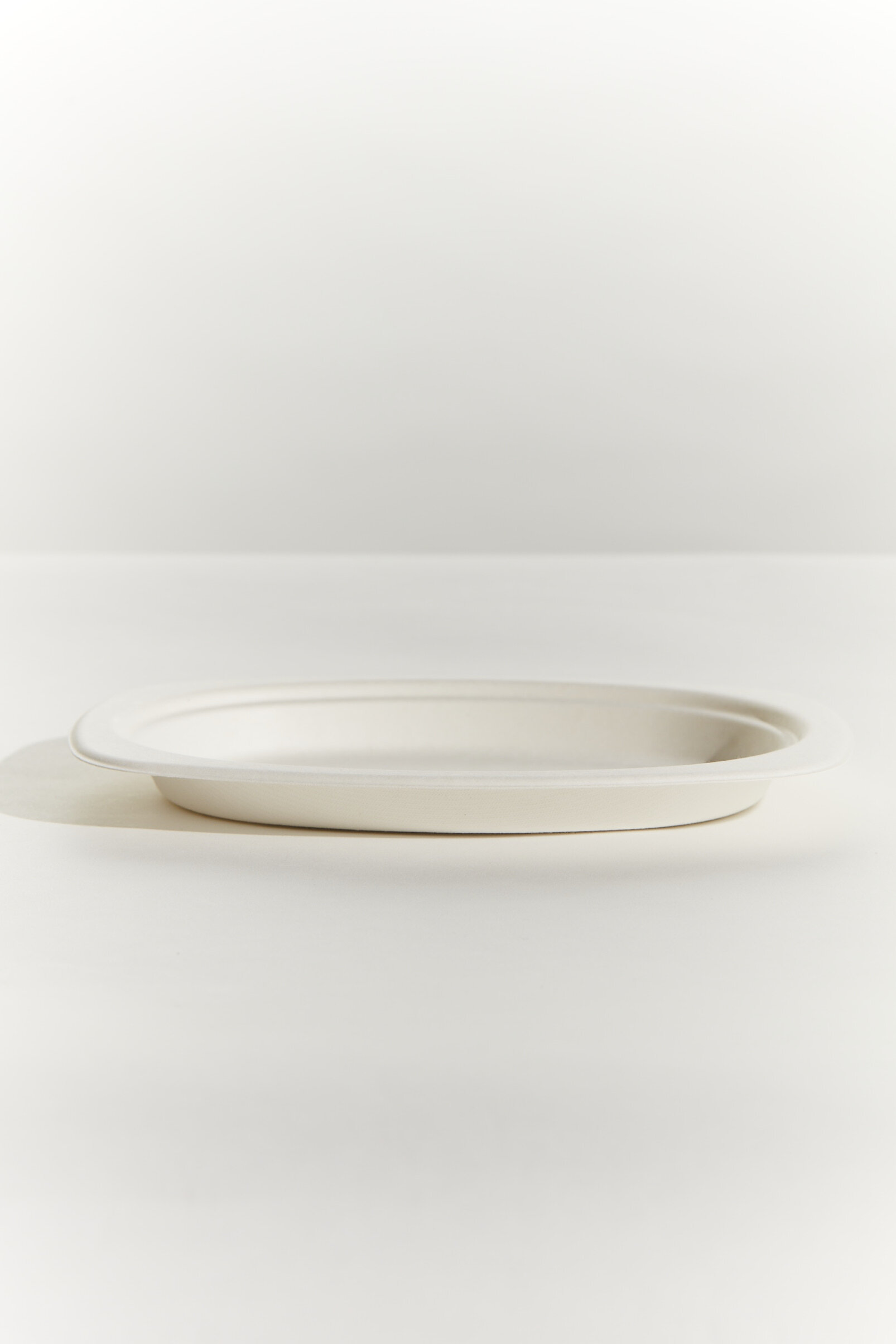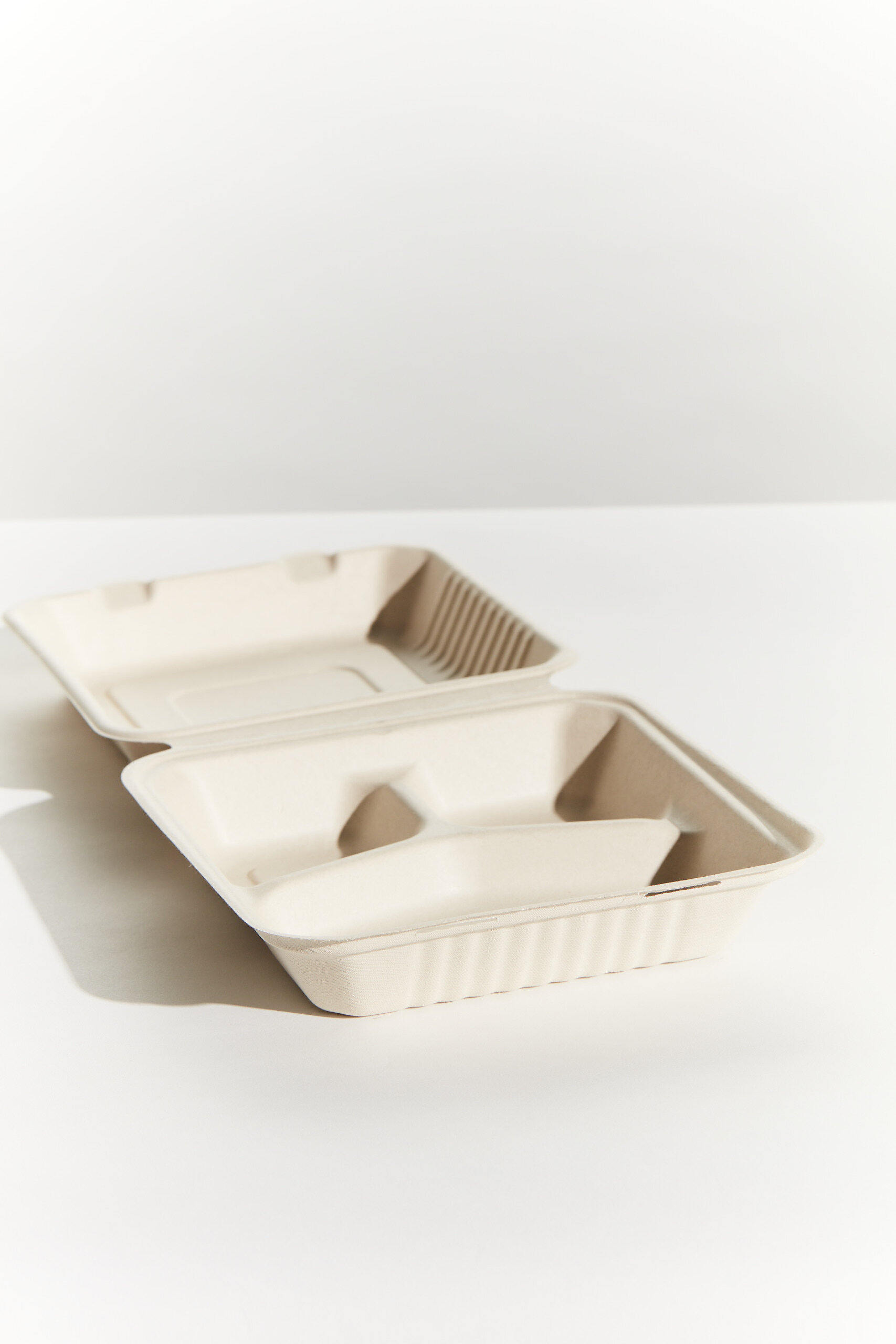Taking A Stand Against Plastic - How Can We Break The Plastic Wave?
Here’s how your business can proudly take a stand in the war on plastic.
First, let’s start with a typical Aussie Sunday.
Bondi Beach, Sydney. It’s one of those postcard-perfect mornings.
The sun glistens brightly off the water. The air is fresh. The day promises happiness.
A surfer glides toward shore on a crystal clear wave. There’s something ahead of him, bobbing up and down in the ocean. Before he can make out what it is, the wave tips him head over heels. Crash.
As he surfaces, the ‘bobbing object’ floats by his face. It’s a dead seagull twisted up in a plastic bag.
According to unesco.org, “plastic debris causes the deaths of more than a million seabirds every year, as well as more than 100,000 marine animals”.
The global plastic problem is so big, it’s difficult to get your head around. But you only have to spend enough time on and in the water to realise the gravity of the dilemma.
On her record-breaking solo yachting voyage around the world, Dame Ellen Macarthur was shocked by the devastating damage caused by global plastic waste. So much so that she quit her passion for sailing to devote her life to finding a solution to the problem.
In 2016 Macarthur’s team undertook a groundbreaking investigation into plastic pollution and reached shocking findings.
“If we continue with business as usual, there’ll be more plastic than fish in the oceans in 2050”.
More plastic than fish.
Globally, 8 million tons of plastic end up in our oceans every year. So, what does that really mean? Just imagine a standard 5-ton truck dumping piles of plastic rubbish into the ocean every single minute. That’s what we’re gifting our oceans.
The scary thing is that plastic has now entered the food chain as fish mistake microplastic for food.
Australia is certainly handing in its fair share. We generated 2.5 million tons of plastic in 2020. (Australian Bureau of Statistics)
With the best of intentions, we chuck our recyclables in the recycling bin. You might think that recycling is the answer. But do we know where it’s really going? It’s deceiving..the truth is that a whopping 84% of our plastic goes to landfill and only 9% is effectively recycled. (Australian Bureau of Statistics)
What we don’t realise is how much of the plastic dumped on land ends up in the ocean.
Underwater cameraman Dean Cropp sees this up close and personal. “80% of plastic in the ocean comes off the land”, he tells us on the ABC series, War on Waste (Season 1, ep 2) “If you drop plastic a couple of streets from the ocean, more than likely it’s going to end up in the ocean”.
Plastic bags are the worst culprit. We Aussies still use a crazy 10 million plastic shopping bags a day! That equates to 1 ton of plastic generated every minute.
At one point, Australia was leading the way with the environmental movement and was one of the first countries in the world to form a green party. Now, Australia is one of the worst generators of waste in the world. Our waste is growing at twice the rate of our population (War on Waste documentary, ABC)
What Is Australia Doing Now?
The Australian government is now taking action through the National Plastic Plan which aims to phase out non-compostable plastic packaging products by 2022. The target is for 100% of packaging to be recyclable, reusable, or compostable by 2025.
Seven out of eight states or territories in Australia have bag bans in place. NSW is currently the only state to not have implemented a ban on lightweight plastic bags.
The trouble is a ban on lightweight plastic is not enough. The heavy plastic bags we pay for in supermarkets, as well as the ‘degradable’ bags, still cause lethal damage to marine life and our environment in general.
The Solution: A Circular Economy
“We cannot recycle our way out of plastic pollution, and neither can we simply reduce our way out of it”, Ellen Macarthur.
Banning plastic is not enough to solve this problem before it’s too late. We need to change what and how we consume and how we package.
To do this, we need products that can easily be reused, recycled, and composted.
Business-as-usual has to be turned on its head as we move toward a circular economy. A circular economy means we keep our resources in the loop for as long as possible. We circulate everything we produce, whether it be plastic (PET) or an organic component as an alternative.
The time to start was yesterday - well actually it was probably more like a decade ago, but it's not too late.
What Can You Do?
As a business owner, you’re in a prime position to be part of effecting change through this circular economy. By switching completely to eco-friendly, sustainable packaging that is gentle on the planet, you can feel proud to be part of a movement that will create positive change for future generations.
You can stand firmly on the ground as an eco-warrior, not just for the environment but for the economy as well.
As Ellen Macarthur states: “..a circular economy has the potential to reduce the annual volume of plastics entering our oceans by 80%, generate savings of USD 200 bn per year, reduce greenhouse gas emissions by 25%, and create 700,000 net additional jobs by 2040.”
Did you know that plastic can take anywhere from
20 to 500 years to fully decompose?
The Pinnacle Solution
Packaging That Treads Lightly On The Planet
Pinnacle has been leading the way with plastic-free packaging products for the foodservice and hospitality industry.
How does sugarcane work?
Unlike synthetic plastic which can stick around for hundreds of years, sugarcane is a renewable resource that fully degrades in the soil within 180 days or composts in 45 - 60 days.
Bagasse is the name of the sugarcane pulp used to create Pinnacle’s Enviro Range of foodservice packaging products. It’s a plant fibre that is durable and flexible.
How sugarcane packaging helps the environment
Sugarcane is gentle on the planet because:
It has a reduced carbon footprint: Sugarcane has the ability to capture carbon and convert it to biomass. Growing and using more sugarcane for our products means we help to reduce CO2 emissions.
It helps preserve forests: By using sugarcane instead of wood pulp, we reduce the need for deforestation which means less greenhouse gas emissions.
It reduces pollution: Products made from bagasse require less energy to produce. There are fewer steps involved in the production process compared to wood-based products and therefore less pollution involved.
It’s fully compostable: Pinnacle’s Sugarcane Range of products are 100% certified Home and Industrial / Commercial Certified. The bagasse-based packing will biodegrade in 30 to 90 days in composting conditions. This is perfect for the foodservice industry because it means the packaging can be disposed of along with food in the compost bin and diverted from the landfill.
How sugarcane packaging helps your business:
It cuts costs: Sugarcane is fully recyclable which means your company can repurpose the packaging multiple times and save money.
It can hold both hot and cold foods.
It’s microwave and refrigerator safe.
It attracts environmentally conscious customers and widens your customer base.
We use renewable and sustainably sourced materials like sugarcane to produce products that help your business lead the way as eco-warriors and change champions.
Keen to make the shift from harmful plastics?
Check out our Sugarcane Range and Enviro Range for sustainable packaging solutions.
At Pinnacle Packaging, we’re devoted to tackling the plastic challenge head on by creating sustainable, plastic-free food packaging solutions that are both gentle on the planet and practical for business.






